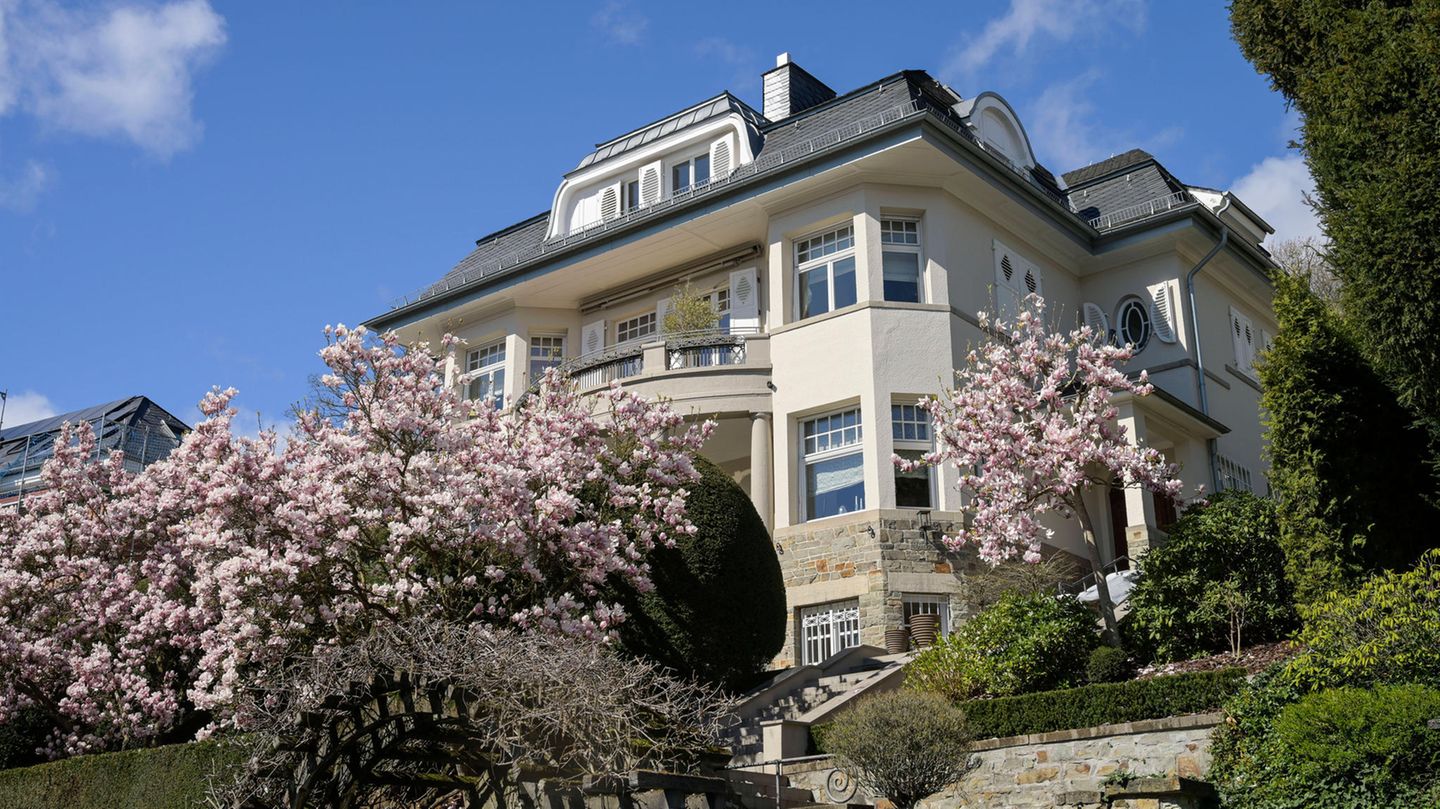High purchase prices make the dream of owning your own property almost impossible these days. One solution may be to invest together with friends. You should keep this in mind.
Living in your own house with your best friends sounds idyllic – and buying together actually seems like a good way to cover a high purchase price. But what if there is an argument, you become estranged or one of you can no longer pay the installments?
Real estate is a major investment that sometimes ties those involved together for decades and can bring challenges. Investing with a group of friends should therefore be well thought out. Capital explains the risks and what to consider when buying together.
Finance together or individually?
First there is the question of financing: a loan is almost always required. If everyone takes out a loan together, they benefit from lower interest rates. This is because together they have more equity and can also prove multiple incomes, which the bank sees as good risk diversification. Even though there is no legal upper limit, most banks do not accept more than four borrowers.
Things get tricky for friends, just like for spouses, when one wants to get out of the contract – or doesn’t pay. Then the others have to step in. Alternatively, each individual can take out their own loan, but this is more expensive due to higher interest rates.
Community of owners or shared ownership?
A clear division is also advisable if the property consists of several separate residential units, each with its own entrance door. In this case, each apartment can be defined as “separate property”. Each friend owns a residential unit, which he or she can decide about freely: This creates a so-called “homeowners’ association”.
Berlin
Unwanted property: This is what it looks like inside the Goebbels villa
The owners then only have to agree on the communal areas such as the stairwell, laundry room or garden. This significantly reduces the potential for conflict, says Cologne notary Maximilian von Proff. In addition, “if the others get into financial difficulties, you yourself are not affected as much.”
However, if the residential units cannot be clearly defined, such as in a single-family home, “fractional ownership” is a solution. Here, each buyer owns a small share of all the areas, windows and roof tiles. All parties are entered into the land register as joint owners. The disadvantage: “The group can only act by mutual agreement,” explains notary von Proff. “If one person objects, everyone has a problem.” If, for example, an owner pulls out and the others cannot take over their share, it is difficult to find an external investor. After all, they must be prepared to settle for even just a fraction of the property.
Enter usage rights into the land register or establish a company?
One possibility is therefore to have so-called usage rights entered in the land register – i.e. to determine who is allowed to use which areas. This prevents arguments between friends “and it could make the sale easier because the potential buyer knows exactly which areas he is allowed to use,” says von Proff. In any case, if there is a change of ownership, the land register entry must be changed and that is expensive. A fee regulation sets the prices: for a single-family home that cost 1.5 million euros, for example, the change can cost up to 15,000 euros – the amount of the fee in each individual case also depends on what is changing.
The second option for buyers is to set up a partnership under civil law (GbR), which they then have registered in the land register. This has one main advantage for those involved: “They can later transfer shares to others or change the distribution without the land register having to be changed,” says von Proff.
But there are also costs involved. Since January 2024, partners have had to register their GbR in the company register and the commercial register. If you register a GbR with four partners, this costs around 380 euros, the price for changes is around 210 euros – and is therefore significantly lower than the fees that are due for changes to the land register. Incidentally, usage rights can also be specified in a GbR contract so that it is clear who is entitled to which areas. “The group should consult a lawyer to draw up a good and suitable partnership agreement, as there is a lot of regulation that needs to be done,” advises von Proff.
And what if it goes wrong?
If all else fails and the former friends simply cannot agree, one of them can apply for the entire property to be auctioned off – for the others, this would be a forced sale. Everyone then receives their share of the sales price. “The auction proceeds are then often below the market value that can be achieved in a private sale on the market,” says von Proff – a loss-making deal.
Source: Stern




